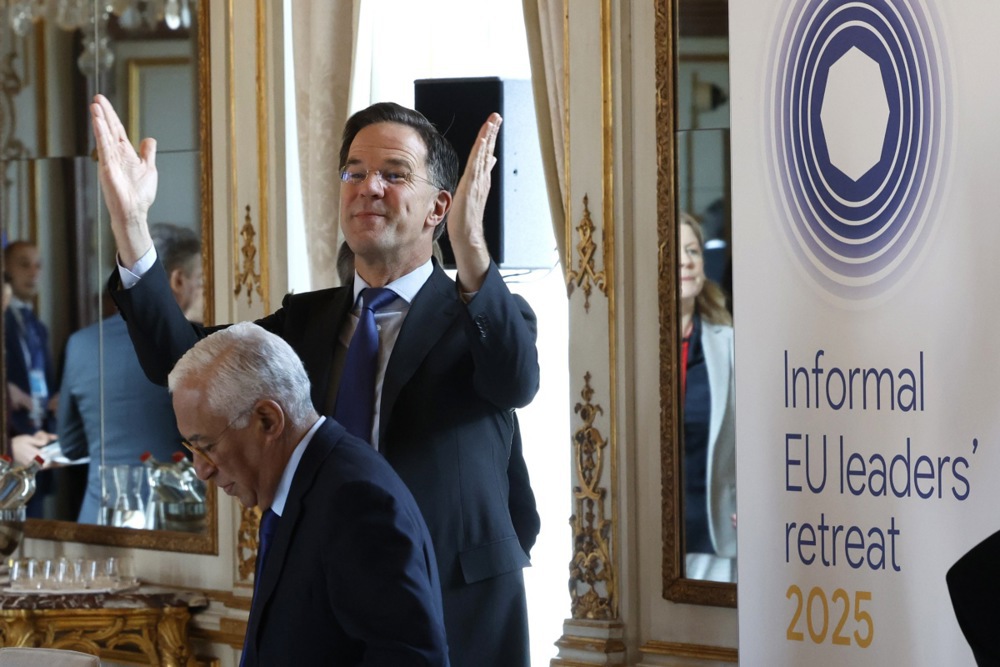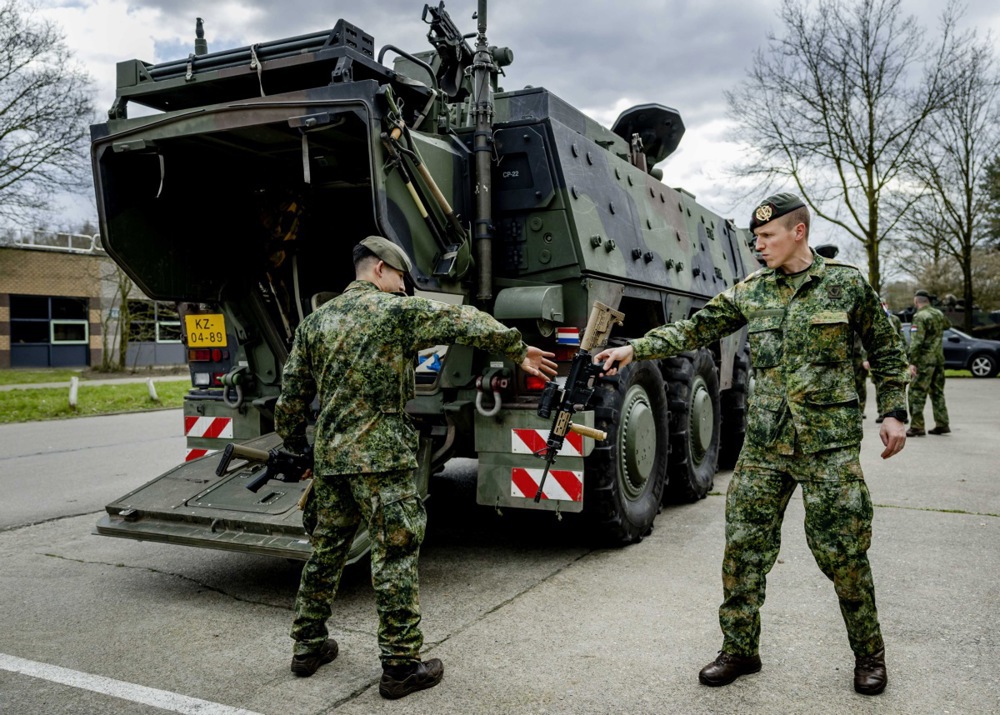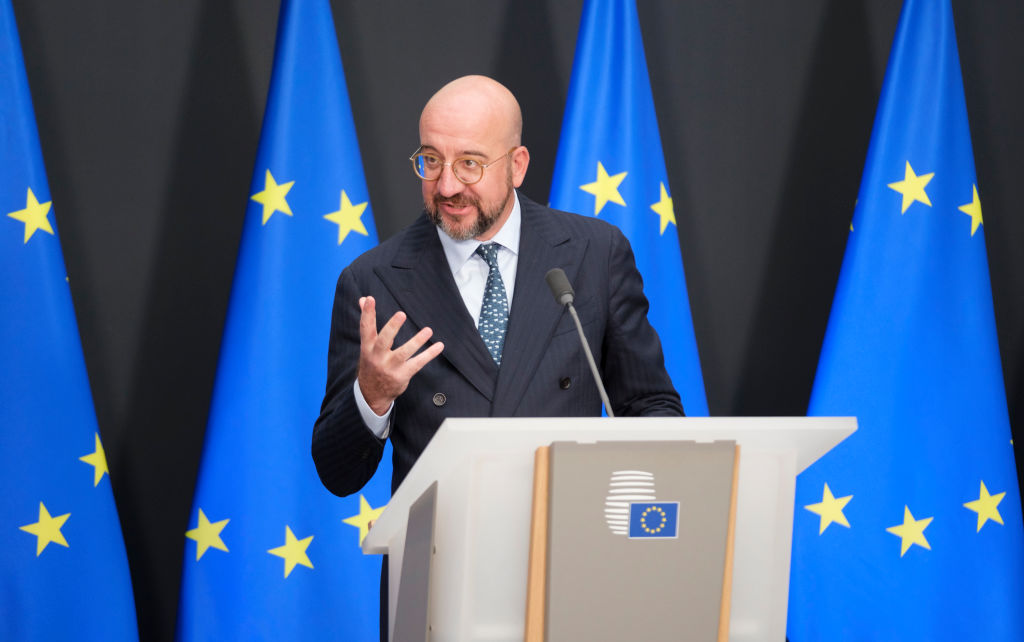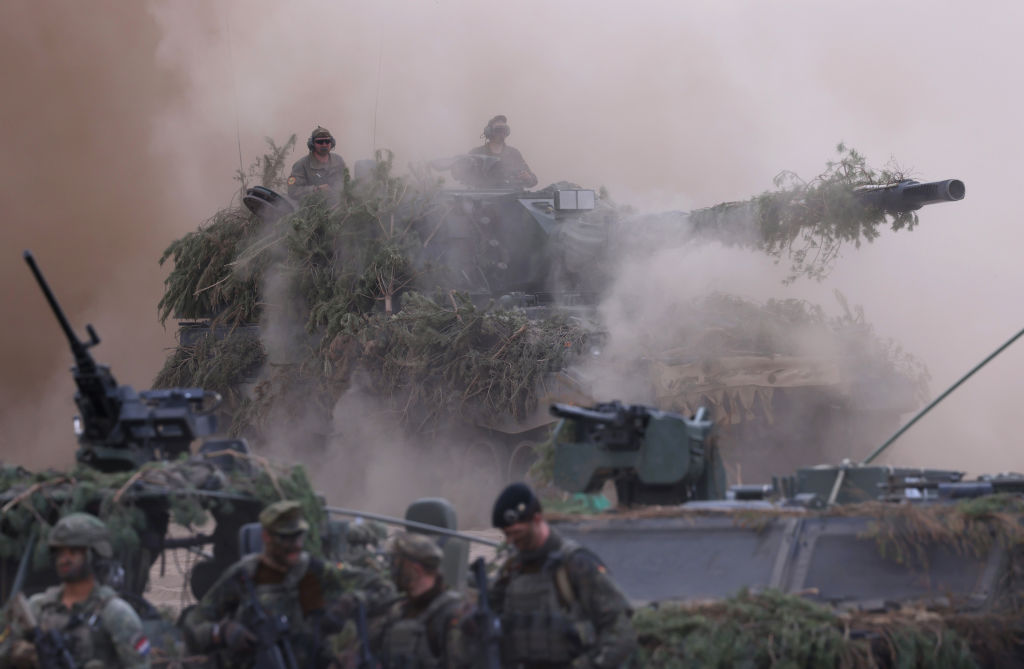Swedish Prime Minister Ulf Kristersson said he anticipated that the NATO members’ defence spending norm would sharply rise in the short term.
According to Kristersson, 3.5 per cent of GDP was set to become the new alliance-wide benchmark above the current 2 per cent.
He did say it was an “educated guess” that the NATO target would settle at that.
“There is a lot to be said for this to be in favour of an additional target of 1.5 per cent,” he added.
Speaking at a press conference in Stockholm on May 6, after a high-level meeting with Swedish party leaders, NATO Ambassador Jan Knutsson and former prime minister Carl Bildt, Kristersson underscored his country’s own efforts ahead of the NATO summit in The Hague this summer.
“We are very much pushing for a higher goal than today. We are going into these discussions with a straight back,” Kristersson said, affirming Sweden’s support for what he called a stronger, more capable NATO.
The proposed 3.5 per cent spending target, which would mark a leap from Sweden’s current 2.4 per cent, was expected to be reached within five years.
Although the cost was steep — estimated at 300 billion Swedish krona, SEK (€28 billion) — the government said it planned to finance the increase through borrowing, pending parliamentary approval. Legislation was introduced in April and scheduled to be voted on by June 20.
Kristersson emphasised that the initiative was both a response to the evolving European security landscape and a strategic investment in transatlantic ties.
“We cannot assume that the United States will continue to act in Europe as it has over the past 80 years,” he said, alluding to uncertainty over future US commitments.
The defence expansion would prioritise NATO capability needs, with particular focus on drones, air-defence systems, and ammunition — especially concerning the Baltic Sea region, which Sweden saw as strategically critical.
Also addressed at the meeting was an upcoming intelligence review, set to be presented on June 4.
Bildt, who gave a briefing on the subject, highlighted the need for a comprehensive update as it had been years since Sweden last re-examined its intelligence structure.
Kristersson said it was the most significant update since 1976.
The Swedish PM stated that intelligence-sharing with the US would remain under expert authority, not political influence.
The Nordic country has said it would boost its military aid to Ukraine. The support framework for 2025 would rise from 25 billion SEK (€2.3 billion) to more than 40 billion SEK (€3.6 billion) by accelerating planned 2026 investments.
Since the start of Russia’s full-scale invasion, Sweden has contributed nearly 62 billion SEK (€5.7 billion) in defence aid to Ukraine.





